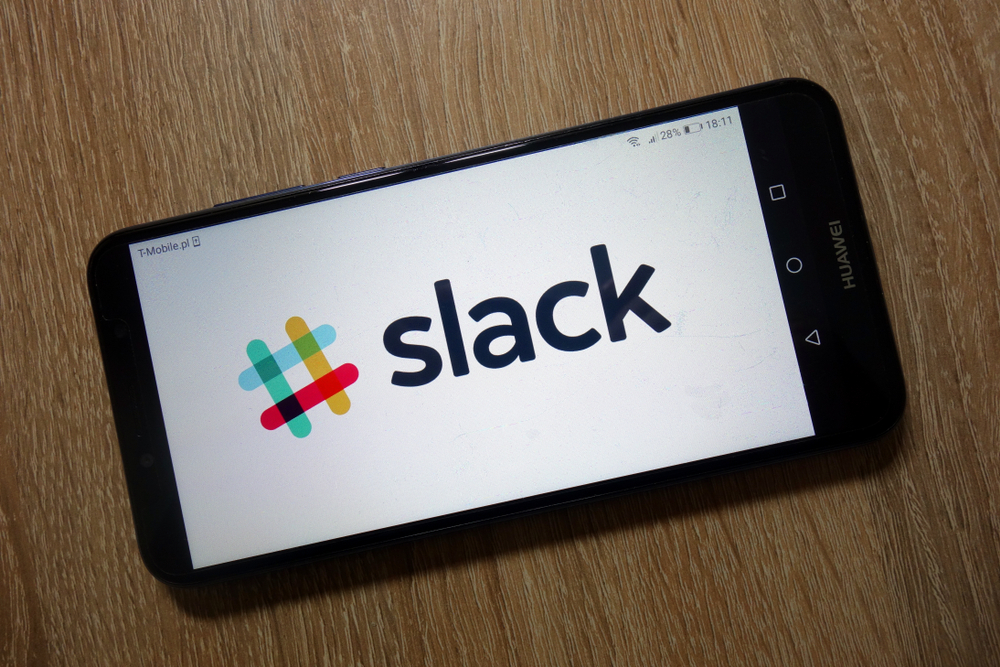What should RIM do to recapture the attention of businesses?
We asked some of the experts on our IT Pro Leader Board what RIM should do next to help elevate its status in the enterprise space. Here’s what they had to say…


Whilst the hardware was really good - I loved the HD video - where were the apps? Blackberry phones - again, too reactive. Apple caught RIM totally unawares, closely followed by Android and now Windows Mobile, which seems to be gaining traction too.
The best bit of phone business for Microsoft and Apple was Apple licensing ActiveSync from Microsoft and, thereby, making Microsoft Exchange available to anyone with an iPhone or, subsequently, iPad.
Microsoft reinforced Exchange as a corporate email server and Apple had a tool which could address the email needs of the iPhone community who usually want access to their corporate email when it's usually on an Exchange server.
Outages? The embarrassing outages of service were just too much for cautious corporates and where security of email wasn't a huge consideration the 'compelling' nature of Blackberry and the accompanying Enterprise Server became something less than 'compelling' with corporates moving over-the-air email back to their own control.
On the subject of security... Aftermarket providers are coming in and pulling that particular plank from under RIM and so the company is notionally left as the Betamax or HD-DVD format for the phone community.
RIM should admit that it has lost the battle, pull graciously out of the war and slowly extricate from the phone market without leaving customers high and dry.
Instead of "Research In Motion", RIM seems to now be an abbreviation of "Reactive In Market" and having [seemingly] lost its initiative, RIM has lost the initiative."
Get the ITPro daily newsletter
Sign up today and you will receive a free copy of our Future Focus 2025 report - the leading guidance on AI, cybersecurity and other IT challenges as per 700+ senior executives
Mark Evans, IT manager, RLB
What do you think? Get in touch with our expert panel here.
Maggie has been a journalist since 1999, starting her career as an editorial assistant on then-weekly magazine Computing, before working her way up to senior reporter level. In 2006, just weeks before ITPro was launched, Maggie joined Dennis Publishing as a reporter. Having worked her way up to editor of ITPro, she was appointed group editor of CloudPro and ITPro in April 2012. She became the editorial director and took responsibility for ChannelPro, in 2016.
Her areas of particular interest, aside from cloud, include management and C-level issues, the business value of technology, green and environmental issues and careers to name but a few.
-
 Cleo attack victim list grows as Hertz confirms customer data stolen
Cleo attack victim list grows as Hertz confirms customer data stolenNews Hertz has confirmed it suffered a data breach as a result of the Cleo zero-day vulnerability in late 2024, with the car rental giant warning that customer data was stolen.
By Ross Kelly
-
 Lateral moves in tech: Why leaders should support employee mobility
Lateral moves in tech: Why leaders should support employee mobilityIn-depth Encouraging staff to switch roles can have long-term benefits for skills in the tech sector
By Keri Allan
-
 CyberCX appoints Phil Mason as new UK CEO
CyberCX appoints Phil Mason as new UK CEONews Industry veteran will lead CyberCX’s growth efforts in the UK
By Daniel Todd
-
 WANdisco's CEO and CFO resign amid ongoing fraud investigations
WANdisco's CEO and CFO resign amid ongoing fraud investigationsNews The data firm is left with a heavily depleted leadership team with only one executive director remaining
By Rory Bathgate
-
 Stop worshipping CEOs – tech is a team sport
Stop worshipping CEOs – tech is a team sportOpinion Tech leaders are showing themselves for who they are, and it shouldn’t come as a surprise
By Nicole Kobie
-
 Checkmarx appoints Sandeep Johri as its new CEO
Checkmarx appoints Sandeep Johri as its new CEONews Experienced Silicon Valley executive will lead the applications security provider into its next phase of growth
By Daniel Todd
-
 Trustmarque hires NTT Data’s UK lead as its new CEO
Trustmarque hires NTT Data’s UK lead as its new CEONews Simon Williams will lead the IT solutions and services provider into its next phase of growth
By Daniel Todd
-
 Cognizant appoints former Infosys president Ravi Kumar as CEO
Cognizant appoints former Infosys president Ravi Kumar as CEONews The executive brings more than 20 years of experience in the consulting, process, and technology transformation space
By Daniel Todd
-
 What tech investors can learn from three under-fire CEOs
What tech investors can learn from three under-fire CEOsAnalysis With clear lessons to learn from the high-profile cases of Autonomy, Theranos, and Wirecard, investors should tread carefully in future
By Rois Ni Thuama
-
 Another Salesforce leader departs, will replace outbound Slack CEO
Another Salesforce leader departs, will replace outbound Slack CEONews Slack's CEO and co-founder Stewart Butterfield also announced the departure of two other executives, but said the timing was purely coincidental
By Zach Marzouk